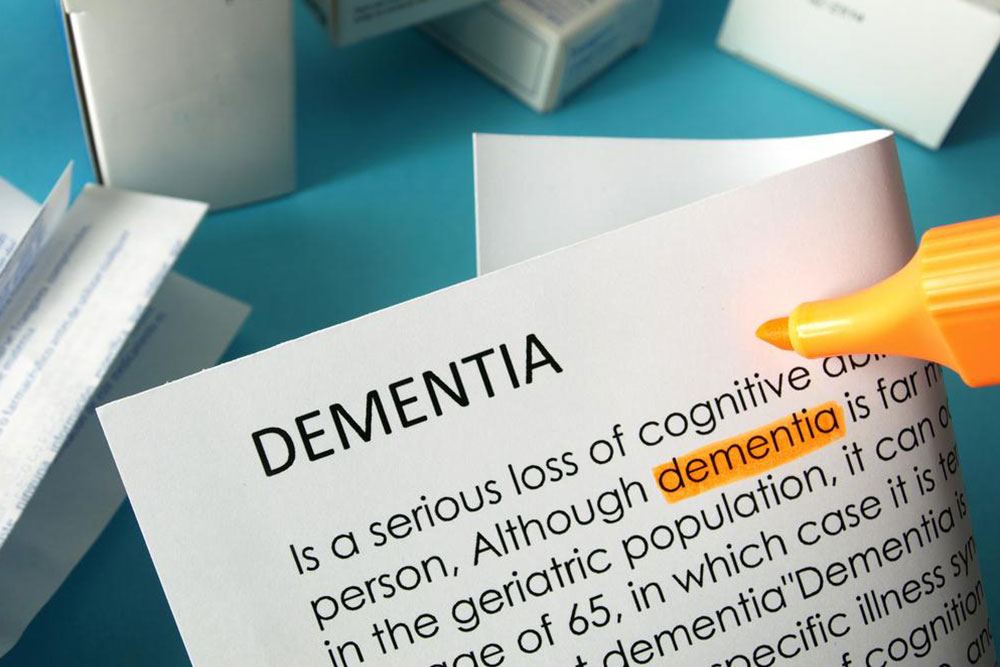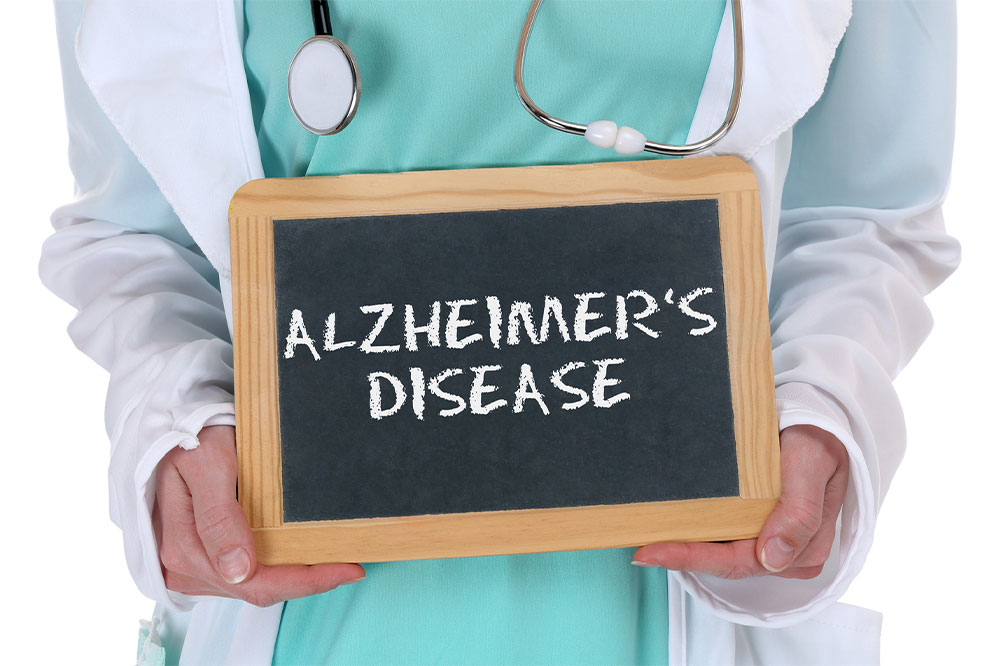Comprehensive Guide to Detecting Early Signs and Understanding the Progression of Dementia
This comprehensive article explores the early signs and stages of dementia, emphasizing the importance of early diagnosis. It details symptoms from mild cognitive impairment to severe dementia, discusses various types, and highlights how recognizing these signs can improve management and quality of life. Suitable for patients and caregivers, the guide aims to enhance understanding of this complex neurological condition.

Comprehensive Guide to Detecting Early Signs and Understanding the Progression of Dementia
Dementia is a broad term used to describe a range of cognitive decline conditions that primarily affect older adults. As the global population ages, more people are at risk of developing this complex set of neurological disorders. While the disease varies from person to person, understanding the early indicators and the different stages of dementia is crucial for timely intervention and improving quality of life. This in-depth guide covers the symptoms, stages, types, and importance of early diagnosis, providing valuable information for patients, caregivers, and health professionals alike.
An overview of dementia and its impact
Dementia is not a single disease but a syndrome characterized by the progressive impairment of intellectual functioning beyond what might be expected from normal aging. It affects memory, reasoning, language, problem-solving, and eventually physical capabilities. The most common form of dementia is Alzheimer's disease, but there are several other types, including Lewy body dementia, vascular dementia, frontotemporal dementia, Parkinson’s disease dementia, and mixed forms, which combine features of multiple conditions.
Understanding the early warning signs of dementia
Recognizing the initial symptoms can make a significant difference in diagnosis and management. Many of these signs are subtle and easily mistaken for normal aging, but awareness is key to seeking help early. Some critical symptoms include:
Frequent forgetfulness of recent events or important objects
Difficulty finding the right words during conversations
Reduced ability to solve problems or handle complex tasks
Withdrawal from social activities and hobbies once enjoyed
Confusion about time or place, leading to disorientation
Stages of dementia: from mild to severe
Dementia progresses through several stages, each characterized by specific symptoms and care needs. Understanding these stages helps caregivers and patients prepare for increasing assistance and medical interventions.
Mild Cognitive Impairment (Early Stage)
In the early phase of dementia, individuals often maintain independence but experience noticeable cognitive changes that can be subtle at first. These include:
Memory lapses, such as forgetting appointments or recent conversations
Difficulties recalling names or familiar words, especially under pressure
Feeling fatigued more quickly and showing less enthusiasm for activities
Preferring solitude over social engagement
Recognizing these signs early can prompt medical evaluation and lead to early treatment strategies. Although not all memory loss indicates dementia, persistent issues warrant consultation with healthcare professionals.
Moderate Dementia (Middle Stage)
As the disease advances, symptoms become more apparent and impact daily living. Individuals often require assistance with routine activities and exhibit behavioral changes:
Poor judgment, leading to risky decisions or neglect of safety
Increased confusion and disorientation to date or location
Loss of some long-term memories, including childhood or significant life events
Motor skill challenges such as difficulty walking or coordinating movements
Neglect of personal hygiene and grooming
This stage demands increased caregiving support and medical management to address behavioral and functional issues.
Severe Dementia (Late Stage)
In the final stage, individuals often become completely dependent on others for daily activities. The symptoms include:
Inability to communicate effectively or recognize loved ones
Difficulty swallowing and eating without assistance
Increased vulnerability to infections, such as pneumonia
Significant loss of physical mobility, often confined to a wheelchair or bed
Incontinence and complete loss of bodily control
These symptoms indicate the need for comprehensive care, palliative support, and often hospice services to ensure comfort and dignity.
Early diagnosis of dementia is vital. While there is currently no cure, early detection allows for better management of symptoms, planning for future care needs, and exploring clinical trial options that may offer additional benefits. Regular medical check-ups, cognitive assessments, and awareness of changes in mental functioning are essential components of proactive health management for aging populations.





